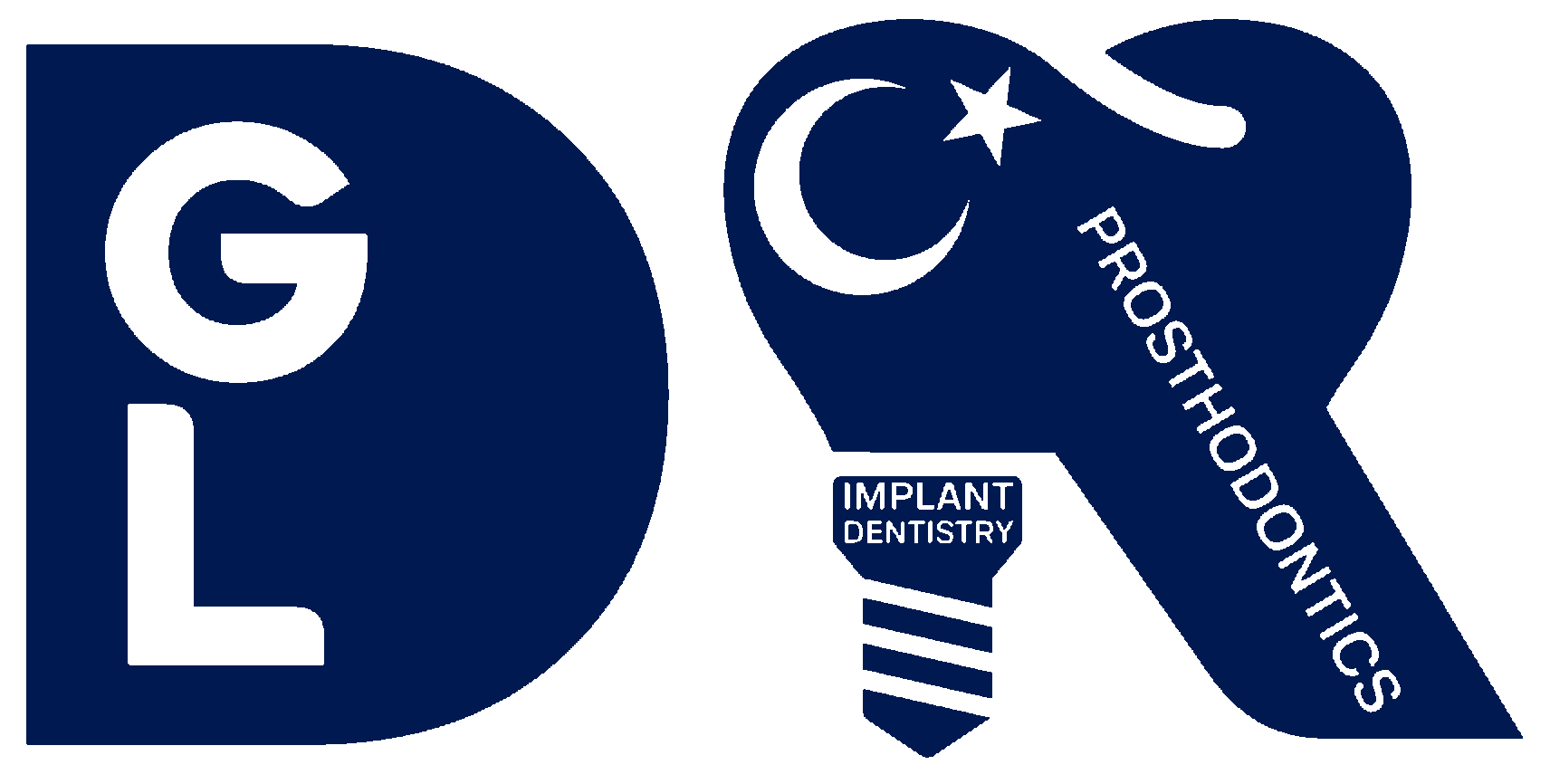Teeth grinding, also known as bruxism, is a common condition where individuals clench or grind their teeth unconsciously. This can occur during the day or at night, with the latter being known as sleep bruxism. Understanding the causes, symptoms, and treatment options is crucial for managing this condition effectively.
Causes of Teeth Grinding
1. Stress and Anxiety: One of the primary causes of bruxism is stress or anxiety. Individuals under significant stress may clench their teeth as a physical response to emotional tension.
2. Sleep Disorders: Conditions such as sleep apnea can increase the likelihood of developing sleep bruxism. The disruption in sleep patterns can lead to involuntary teeth grinding.
3. Lifestyle Factors: Excessive consumption of caffeine or alcohol, smoking, and recreational drug use can contribute to teeth grinding.
4. Medications: Certain medications, particularly antidepressants, have been linked to an increased risk of bruxism.
5. Dental Issues: Misaligned teeth or an abnormal bite can also lead to teeth grinding as the jaw attempts to find a comfortable position.

Symptoms of Teeth Grinding
- Jaw Pain: Persistent pain or soreness in the jaw muscles is a common symptom.
- Headaches: Frequent headaches, especially upon waking, can indicate nighttime teeth grinding.
- Tooth Damage: Worn-down teeth, increased tooth sensitivity, or chipped teeth can result from chronic bruxism.
- Ear Pain: Although not directly related to the ears, the pressure from grinding can cause earaches.
- Sleep Disruption: Partners may notice grinding noises during sleep, which can disrupt both the sufferer's and their partner's rest.
Diagnosis and Treatment
Diagnosis
A dentist can diagnose bruxism through a clinical examination. They may look for signs of tooth wear, jaw tenderness, and ask about symptoms. In some cases, a sleep study may be recommended to assess sleep bruxism.

Treatment Options
1. Stress Management: Techniques such as meditation, yoga, or therapy can help reduce stress and anxiety, potentially decreasing bruxism.
2. Mouthguards: Custom-fitted mouthguards can protect teeth from damage during sleep by providing a barrier between the upper and lower teeth.
3. Dental Correction: In cases where misalignment is a factor, orthodontic treatment may be necessary to correct the bite.
4. Medication: Muscle relaxants or Botox injections may be prescribed in severe cases to reduce muscle activity.
5. Lifestyle Changes: Reducing caffeine and alcohol intake, quitting smoking, and maintaining a regular sleep schedule can help alleviate symptoms.
Preventive Measures
- Regular Dental Check-ups: Routine visits to the dentist can help catch early signs of bruxism and prevent further damage.
- Awareness: Being mindful of clenching during the day and practicing relaxation techniques can reduce daytime bruxism.
- Sleep Hygiene: Ensuring a restful sleep environment can help minimize sleep bruxism.
Conclusion
Teeth grinding is a manageable condition with the right approach. By understanding the causes and symptoms, individuals can seek appropriate treatment and make lifestyle changes to alleviate the effects of bruxism. If you suspect you are grinding your teeth, consult with a dental professional to explore your options.












